Francis Atwoli has served as the Secretary General of the Central Organisation of Trade Unions (COTU) since 2001.
Atwoli was elected in August 2001 after beating key contenders for the position, including the union’s then Deputy Secretary-General Boniface Munyao and Chairman-General Peter Muthee, who also served as Secretary-General of the Kenya Railway Workers Union.
Also in the race were the Kenya Guards and Allied Workers Union chairman Joseph Mujema and the National Chairman of the Kenya Union of Journalists at the time, Ezekiel Mutua.
In the end, Atwoli, who represented the Kenya Plantation and Agricultural Workers Union, secured the backing of 26 out of the organisation’s 29 affiliate unions, earning him the position of COTU’s sixth Secretary General.
COTU came into existence in 1965 under a consensus deal supervised by the late President Mzee Jomo Kenyatta.
The union was formed after the Kenya Federation of Labour (KFL) saw the emergence of several splinter groups, culminating in the creation of the rival Kenya African Workers Congress.
The wrangling between the KFL and the new Workers’ Congress reached a peak by the end of 1964, prompting President Kenyatta to set up an inter-ministerial committee to resolve the dispute between the two factions.
The committee was chaired by the then Minister for Labour and Social Services, Eliud Ngala Mwendwa, and included six other ministers, among them the late Tom Mboya.
It recommended the dissolution of the two rival organisations and the creation of a new national labour body—COTU—which was eventually formed in 1965 under a consensus agreement brokered by Kenyatta.
The Kenya Times takes a look at the five other men who served as COTU Secretary General before Atwoli.
All COTU SGs who served before Atwoli
Clement Lubembe
Clement Lubembe was the first ever COTU Secretary General who elected in 1965 when the trade union was formed.
Lubembe-who was allied to Tom Mboya-was appointed Secretary General, while his archrival, Dennis Akumu, became his deputy.
As was the case with the KFL, COTU brought together most of the country’s major trade unions under one umbrella.
Also Read: Win for Workers as Ruto Issues Fresh Orders Over 6% Salary Increase
Dennis Akumu
Akumu was released from detention in May 1967 and within weeks began challenging Lubembe’s leadership at COTU.
In February 1969, he defeated Lubembe for the position of Secretary-General, while his allies swept all seats on the COTU Executive Committee.
Akumu’s control of the workers’ organisation grew even stronger following the assassination of Tom Mboya a few months later.
However, Akumu soon faced a new wave of opposition, this time rooted in ethnic rivalry. He eventually left COTU in 1974 to head the continent-wide Organisation of African Trade Union Unity in Accra, Ghana.
Juma Boy
Juma Boy succeeded Akumu after President Jomo Kenyatta appointed him as Secretary-General and named James Karebe as his deputy.
Despite Kenyatta’s balancing act, ethnic tensions within COTU persisted.
It wasn’t until Kenyatta’s death in 1978 and the succession of his Vice President, Daniel arap Moi, that the Juma Boy faction solidified its dominance in the labour movement.
Like Akumu, Juma Boy was also a politician, having been elected Member of Parliament for Kwale Central in 1969. His critics accused him of using COTU funds to finance his political campaigns.
In March 1979, Mombasa businessman Yunis Ismail announced that he would challenge Juma Boy for the Secretary-General position of the Dockworkers Union.
A successful bid would have disqualified Juma Boy from COTU leadership, as the COTU constitution required the Secretary-General to also head a member union.
Ismail defeated Juma Boy in the Dockworkers Union election by 3,217 votes to 1,825.
Also Read: 9 Kenyan MPs Shot Dead Since 1965
However, Juma Boy retained his COTU role by securing the Secretary-General position at the Kenya Petroleum Oil Workers Union after an ally stepped down for him.
In 1983, he traveled to England for medical treatment but died there after undergoing heart surgery.
He left behind a lasting legacy in Kenya’s labour movement, most notably the establishment of the Tom Mboya Labour College in Kisumu.
Justus Mulei
Juma Boy’s successor at COTU, Justus Mulei, took over during a politically turbulent period in Kenya, as the Moi government sought to tighten control following the 1982 coup attempt.
Mulei was a seasoned trade unionist who led during the height of the one-party era. He worked to preserve COTU’s relevance amid increasing government interference.
This era was marked by intense state control over unions, making it difficult for the unions to operate independently.
By the time Mulei handed over leadership to Joseph Mugalla in 1987, Kenya had officially become a one-party state under KANU.
Mulei passed away in November 2006 and was laid to rest in Kitui County.
Joseph Mugalla
Mugalla took over from Mulei in 1987 and was re-elected in December 1991. Following his re-election, 15 unions—led by Wafula wa Musamia, Secretary-General of the Kenya Quarry and Mine Workers Union—announced their withdrawal from COTU.
These breakaway unions attempted to form a rival federation called the National Congress of Trade Unions. However, the new organization was denied registration and eventually collapsed.
After serving three terms, Mugalla announced in 2001 that he would not seek re-election.
His departure set the stage for a race between Deputy Secretary-General Boniface Munyao and Chairman-General Peter Muthee.
However, it was Francis Atwoli who emerged victorious, having secured the support of 26 out of COTU’s 29 affiliate unions.
He has led the union ever since.
Speaking during Labour Day celebrations at Uhuru Gardens on Thursday, May 1, 2025, Atwoli said he has served under every Kenyan president since independence—and that President William Ruto will be the last one he serves before stepping down from the labour movement.
Follow our WhatsApp Channel and X Account for real-time news updates.



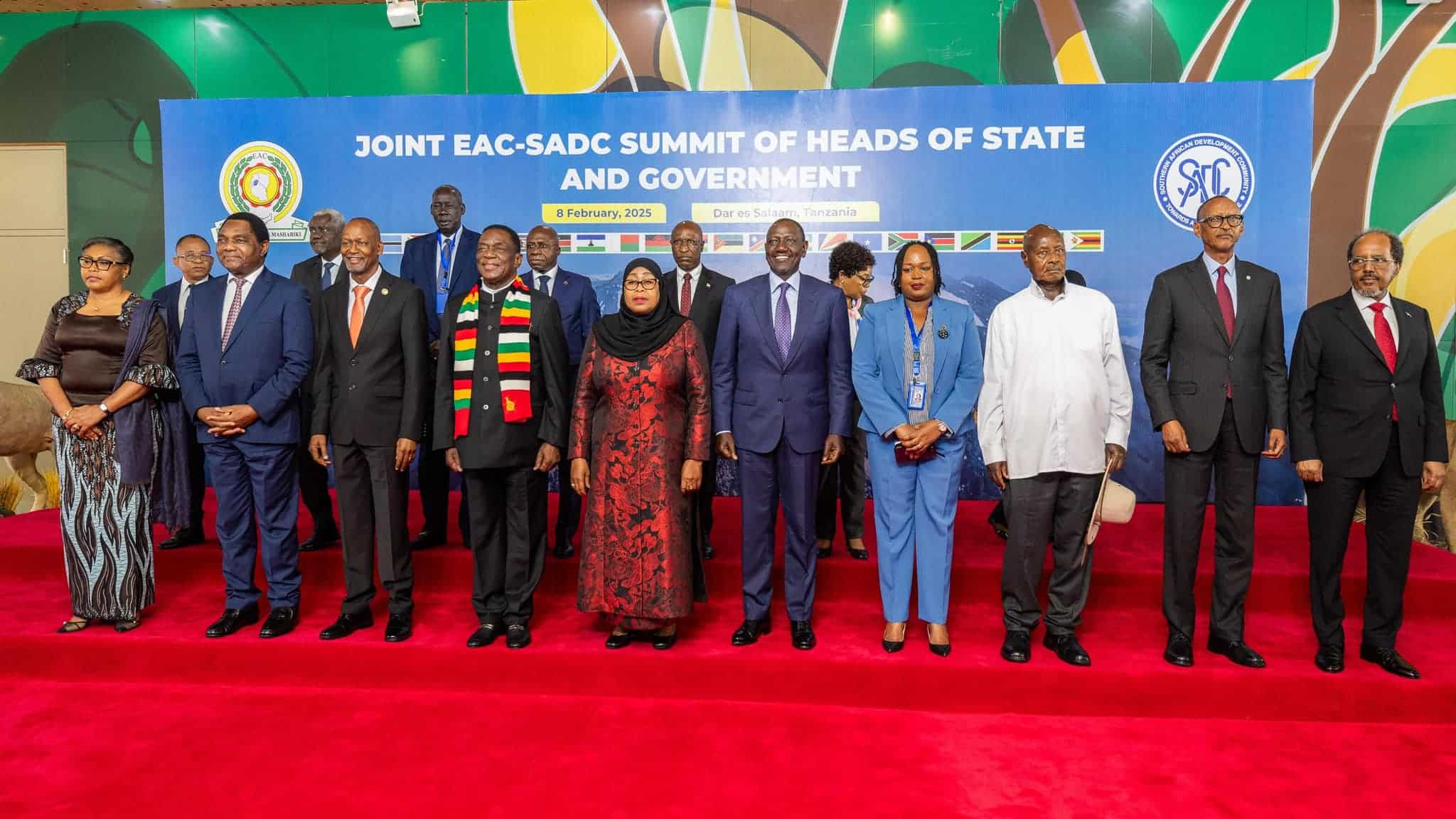
![Debate Rages Over Proposed Increase In Legal Drinking Age [Video] Nacada Raises Legal Drinking Age From 18 To 21]( https://thekenyatimescdn-ese7d3e7ghdnbfa9.z01.azurefd.net/prodimages/uploads/2025/07/beer-360x180.jpg)
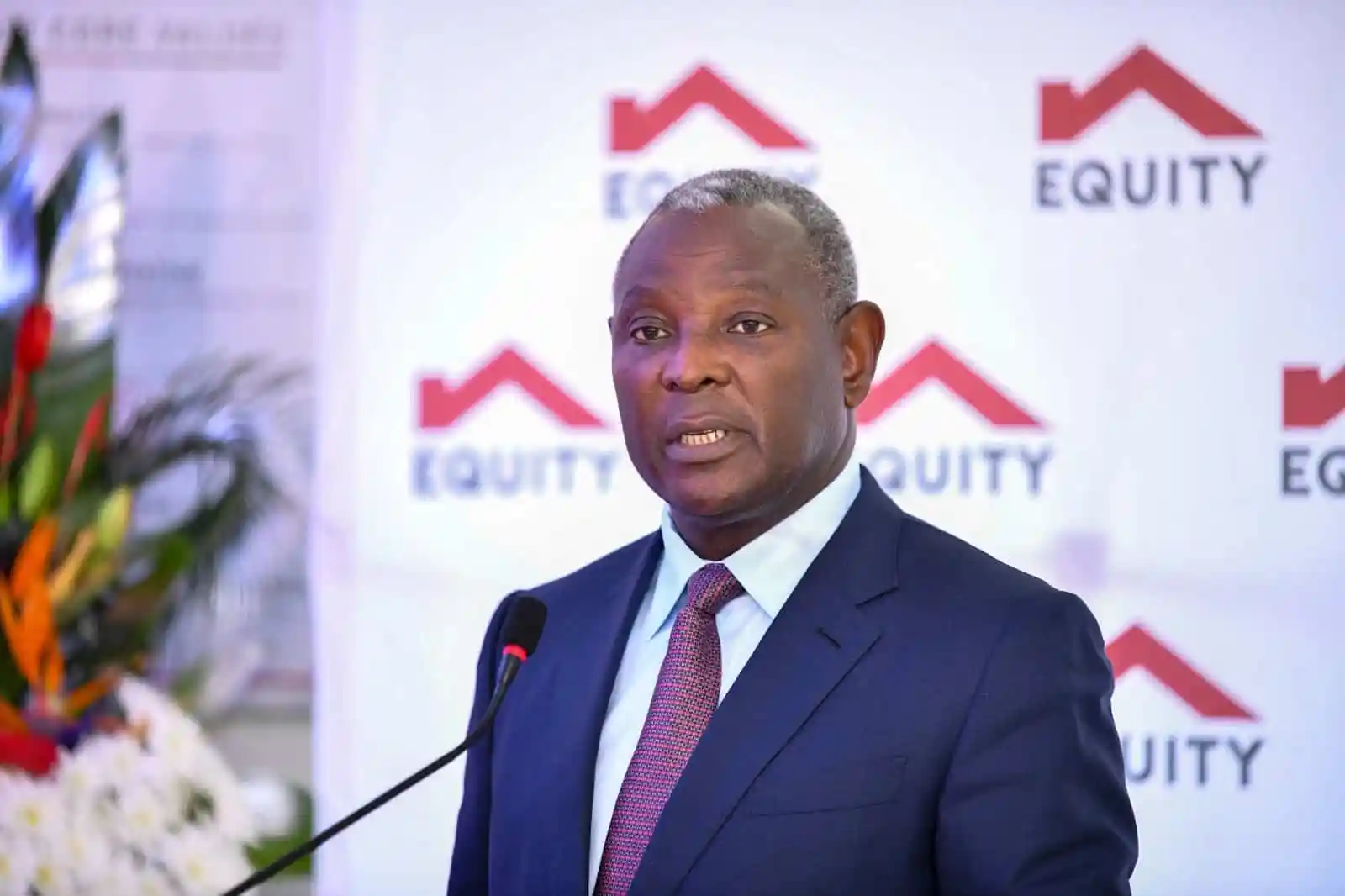

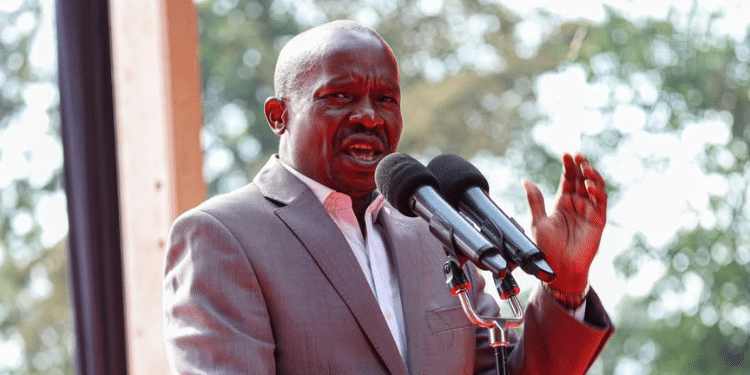

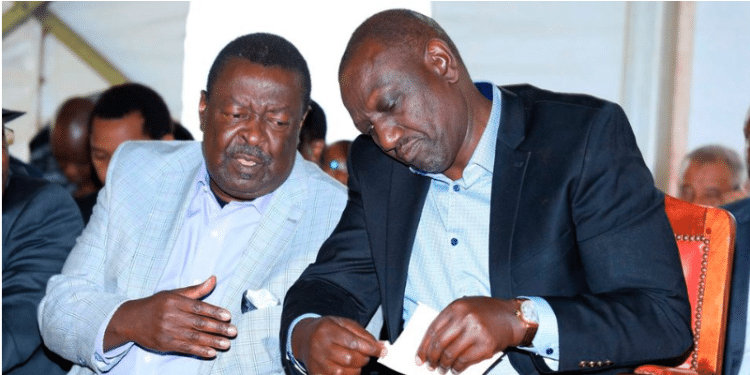
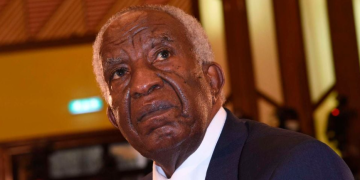







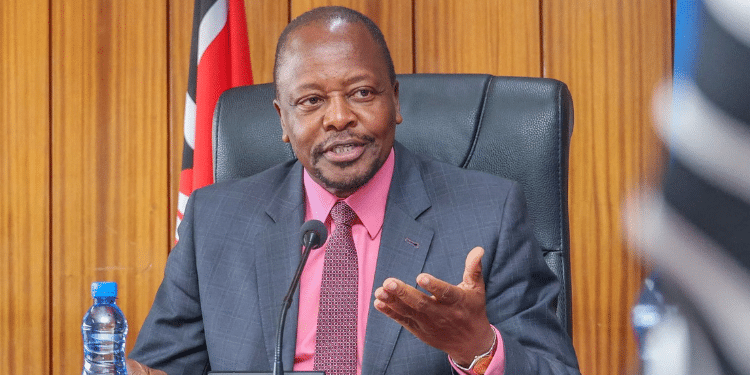



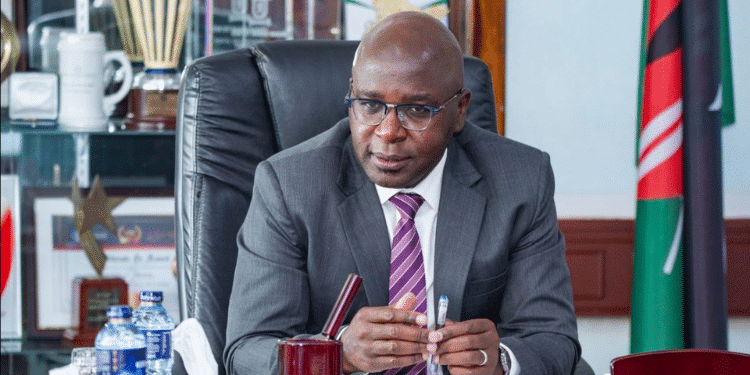

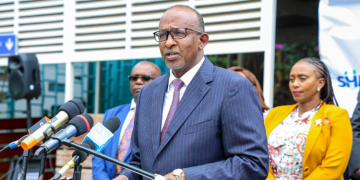

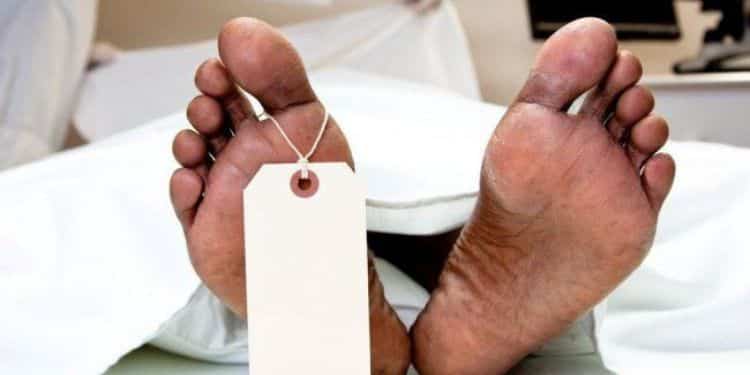





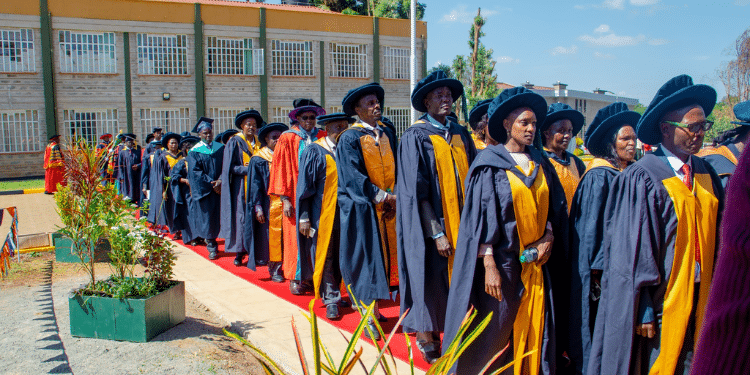
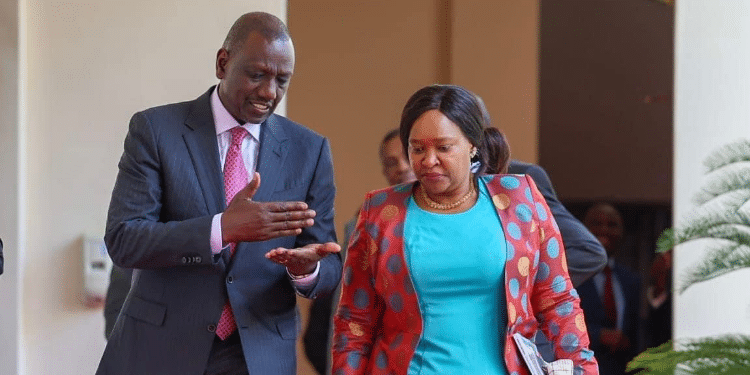






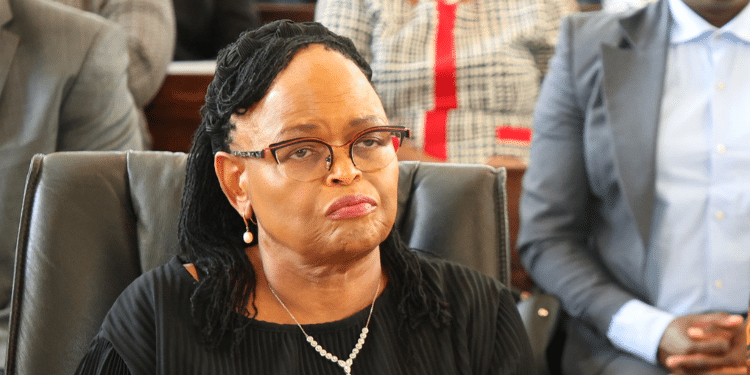
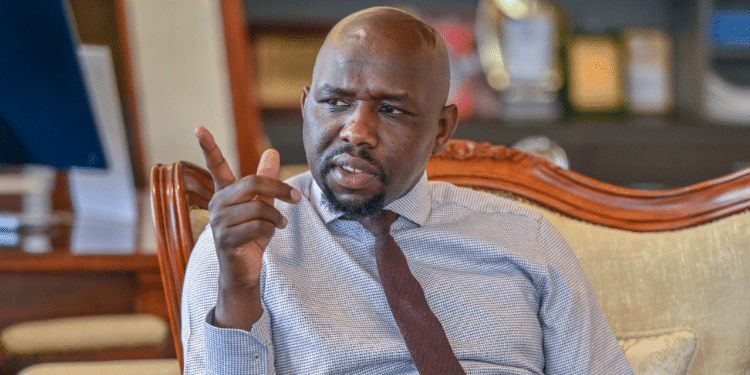
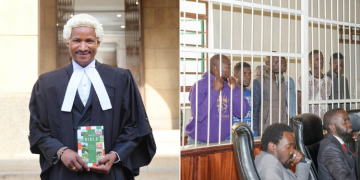





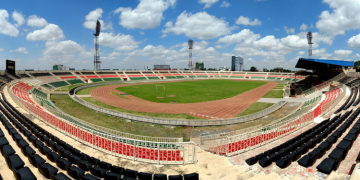



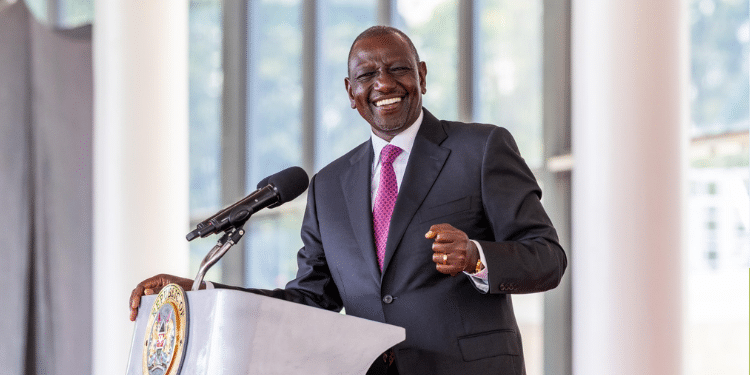










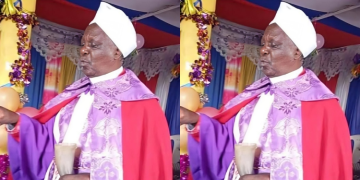
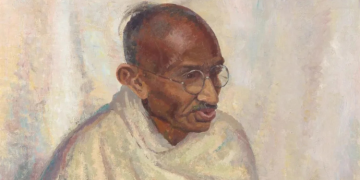





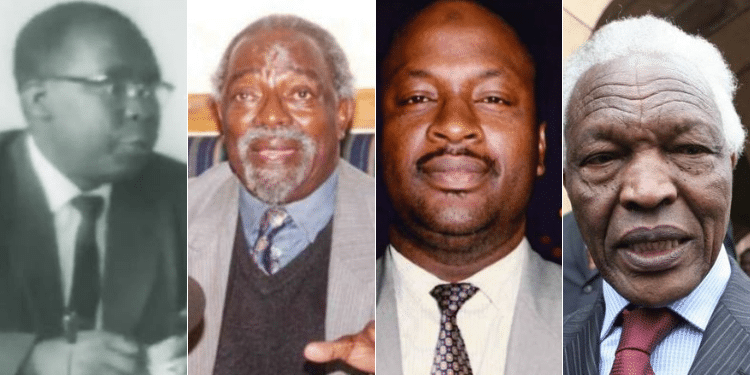

![Debate Rages Over Proposed Increase In Legal Drinking Age [Video] Nacada Raises Legal Drinking Age From 18 To 21]( https://thekenyatimescdn-ese7d3e7ghdnbfa9.z01.azurefd.net/prodimages/uploads/2025/07/beer-120x86.jpg)